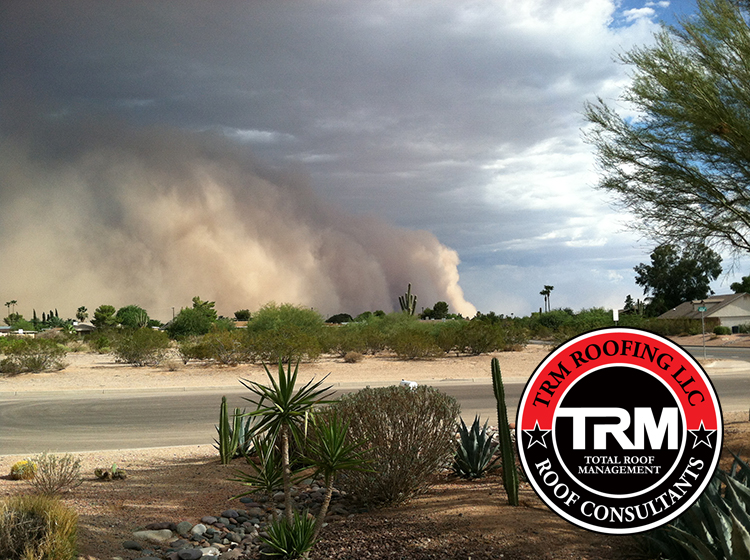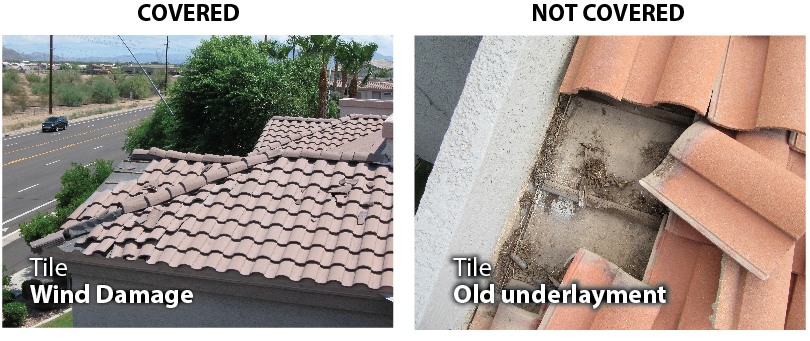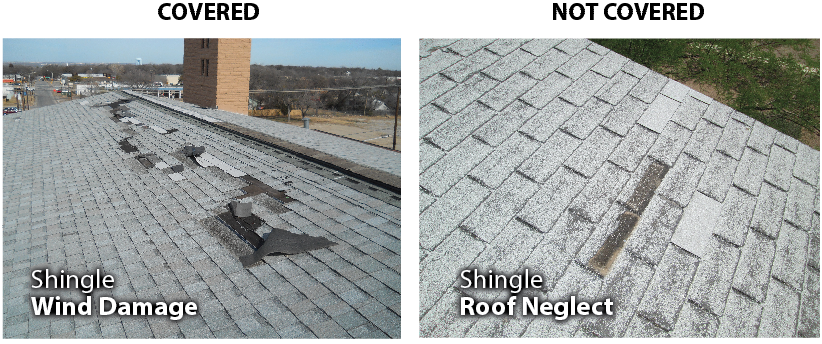Phoenix Roof Repair and Our Monsoon Season

Did you know that Monsoon season starts in the middle of June and ends in September? But, did you know with the continuing threat of rain and wind can affect Phoenix roofer’s ability to re-roof or repair your roof. Our monsoon season can also be dangerous to your roof.
The word Haboob comes from the Arabic word, “Strong wind”. When I was stationed in Saudi Arabia during the First Gulf War Haboobs were common, coming back home to Phoenix, many times the larger Haboobs remind me of my tour of duty in Saudi Arabia.
Haboobs form after a good Phoenix Monsoon storm. Rain cooled air from the monsoon plunges to the desert surface at speeds of up 100 miles per hour. These strong winds kick up our desert dry and loose sand, causing the Haboob or large dust storms.
Dangers to your Roof
These strong winds can affect your Phoenix roof. It can blow of shingles, loosely installed tiles and even affect your air conditioners. These sudden and strong winds can cause your shingles or roof tiles to lift up or even blow off. It allows debris to move quickly and clog scuppers or roof drains on flat roofs. Trees and their branches can easily damage your roof. The monsoon season have the potential to cause serious damage to your roof.
If you own a commercial or residential flat roof our heavy monsoon rains can cause serious issues. Our roofs get over whelmed with the sudden and large mount of water. If your in-roof drains or scuppers are blocked by debris this large amount foo water may be impeded by the debris. This puts stress on your roofing structure and not only cause serious leaks but also can cause roof collapses.
Why roof Inspections.
It is always wise to have your roof inspected before monsoon season and especially after a storm. Being proactive is always “Roof-Smart”. Contacting a certified NRCIA (National Roof Certification and Inspection Association) roof inspector can put your “contractorphobia” at ease. For more information about roofing or roof inspection visit www.CostEffectiveroofing.com.

